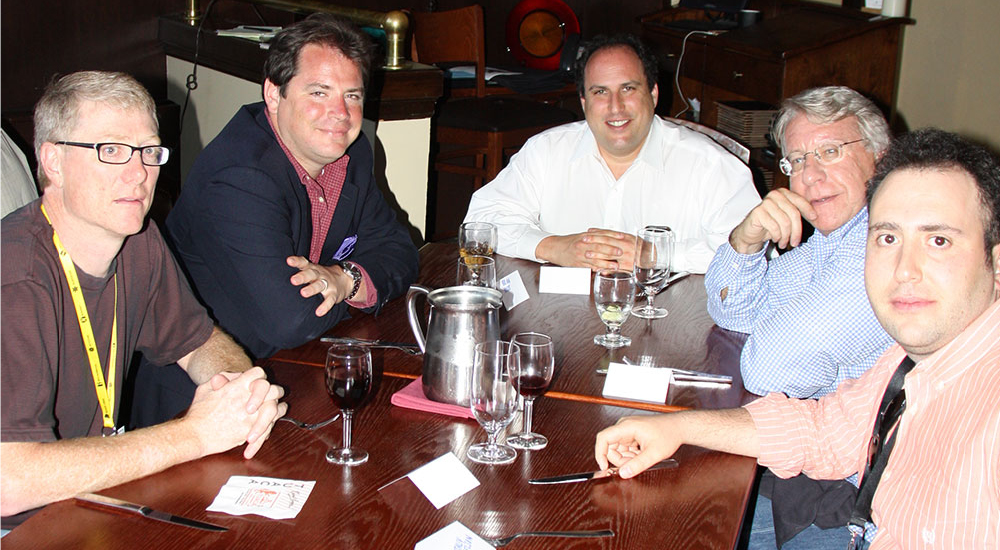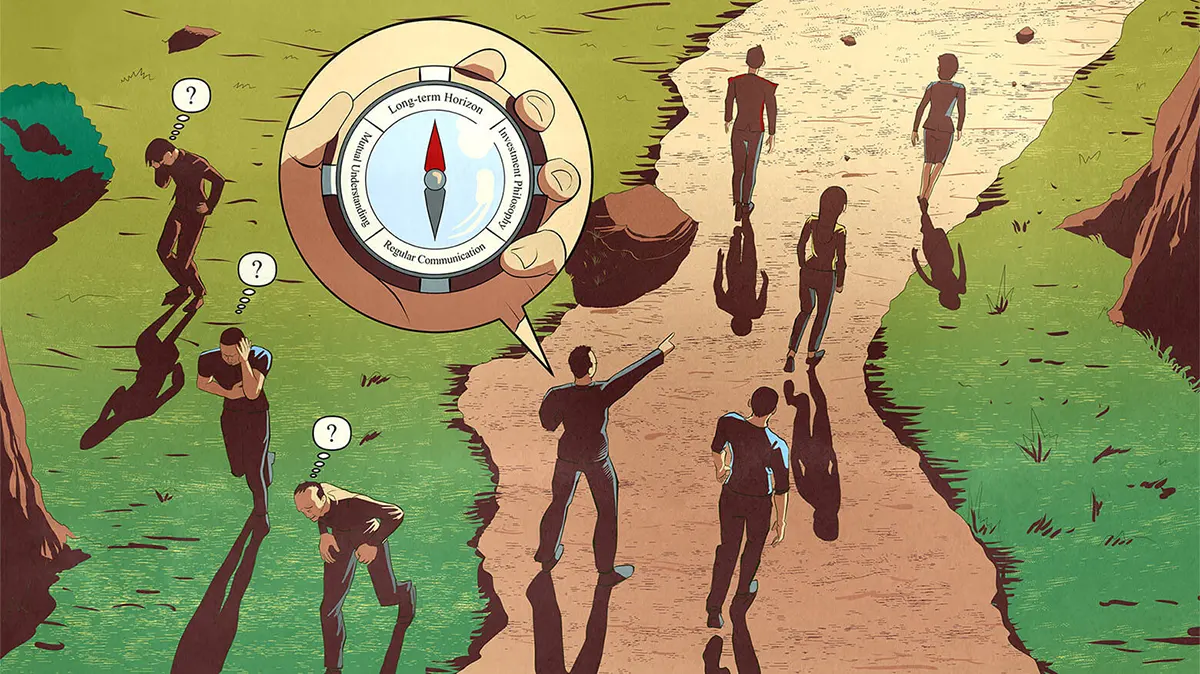Having looked at the importance of a firm’s investing process and explored investments in World Wrestling Entertainment and the shale oil boom, I turn my attention to the commodities supercycle.
This year James Chanos, president and founder of New York–based hedge fund firm Kynikos Associates, gave the Valuex Vail attendees an update on the Chinese bubble: It is alive and kicking. Jim estimates that Chinese spending on residential construction is currently running at 20 percent of GDP. He got to that number using simple math: 20 million condos constructed at an average retail price of $80,000 totals $1.6 trillion, or 20 percent of GDP. Just think about this for a second. For the U.S. at the height of the real estate bubble, the comparable number was slightly above 6 percent, and today it stands at less than 3 percent.And China has been building empty cities even though its labor force participation rate (and thus household formation) started to decline in 2012, so fewer families will need new housing.
In his presentation Jim said that Chinese policymakers recognize that the national business model is flawed, but with high off-balance-sheet debt originated by local governments, endemic corruption and nonaccrual accounting (the Chinese record GDP when things are built, not when they are sold), it may be too late to do anything.
Meanwhile, rural-to-urban migration runs at 15 million people a year, but these migrants are in the bottom earning quartile and thus cannot afford $80,000 apartments. And, with the usual Chinese twist, some of the migration occurs only on paper, with bureaucrats changing rural disricts to urban ones. So even fewer condos are actually needed. China is creating its own version of the auction-rate securities that helped bring down the U.S. housing market. Long-term projects are financed by wealth products: High-yielding five-month certificates of deposit not explicitly guaranteed by the government are sold by small banks and trusts, and consumers starved for yield are buying them. This mismatch of duration is dangerous, and the story has a predictable ending. The Chinese banking crisis is one failed wealth-product rollover away. (I’ve written about this in the past, but it is worth repeating that the biggest risk to the Chinese bubble is social instability. A lot of people who are buying these wealth products are being fleeced. What they will do when their savings are wiped out is a big unknown.)









0 comments